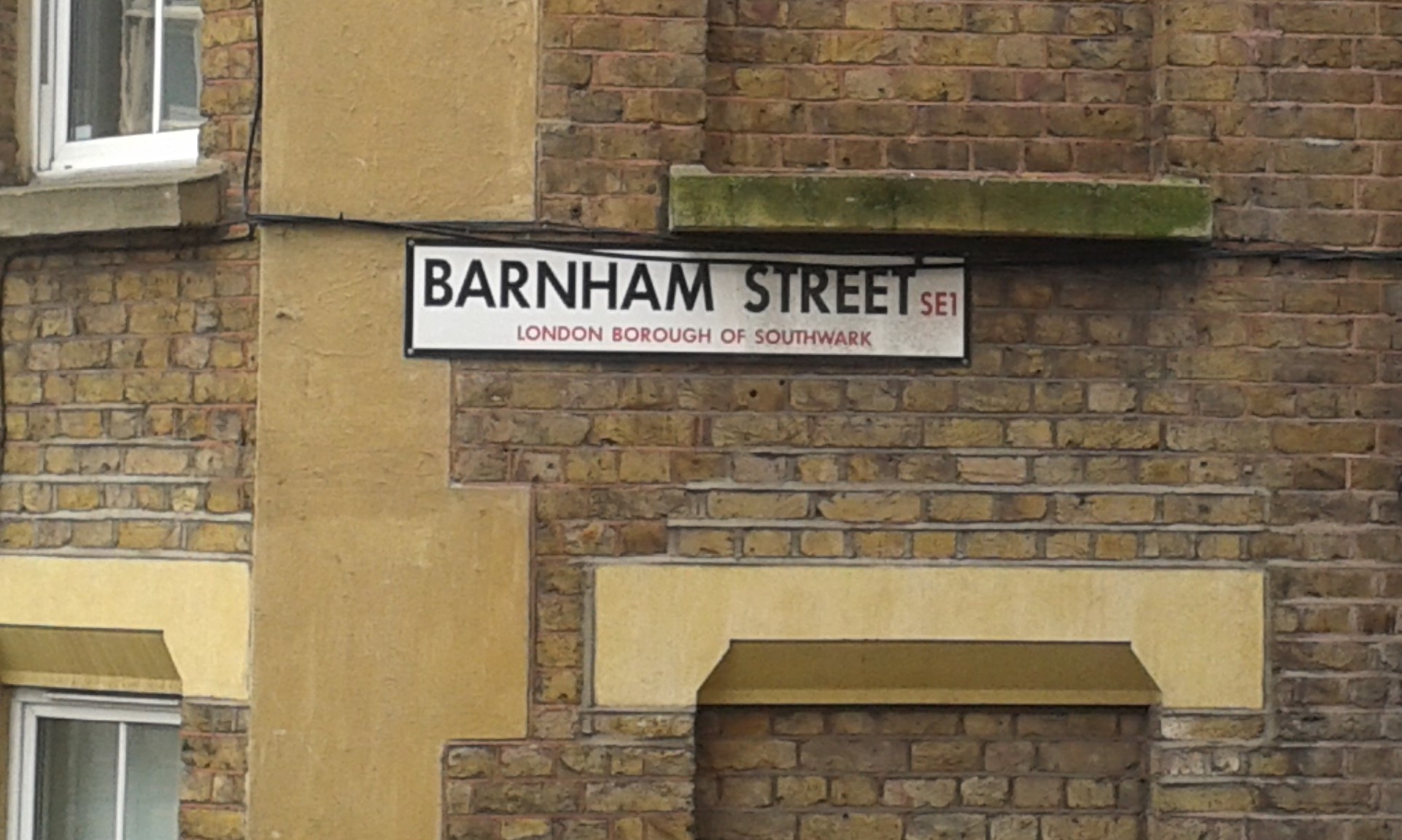
In the past five years, I think I must have submitted every story I wrote to The Magazine of Fantasy and Science Fiction.
Mostly they have been swiftly rejected, but I’ve persevered. F&SF is one of the last ‘legacy’ publications in the field. It started in 1949 and was a key publication in the genre, home to authors such as Ray Bradbury, Harlan Ellison and James Tiptree, Jr. It serialized classics like Robert Heinlein’s Starship Troopers and Daniel Keyes’ Flowers for Algernon.
So, I’m thoroughly delighted that F&SF have seen fit to take my latest offering, ‘Sort Code’, which is in the latest edition, out now.
‘Sort Code’ is, in the words of editor Sheree Renee Thomas, an ” unusual love story/time travel/afterlife story.” It features Dickens and Wordsworth, and ends in a version of Lyme Regis in England that Jane Austen didn’t quite envisage.

Here’s a taster, and to read the whole thing (and the many other great stories in the mag), you can check out the magazine’s website, or try other sites like Amazon

